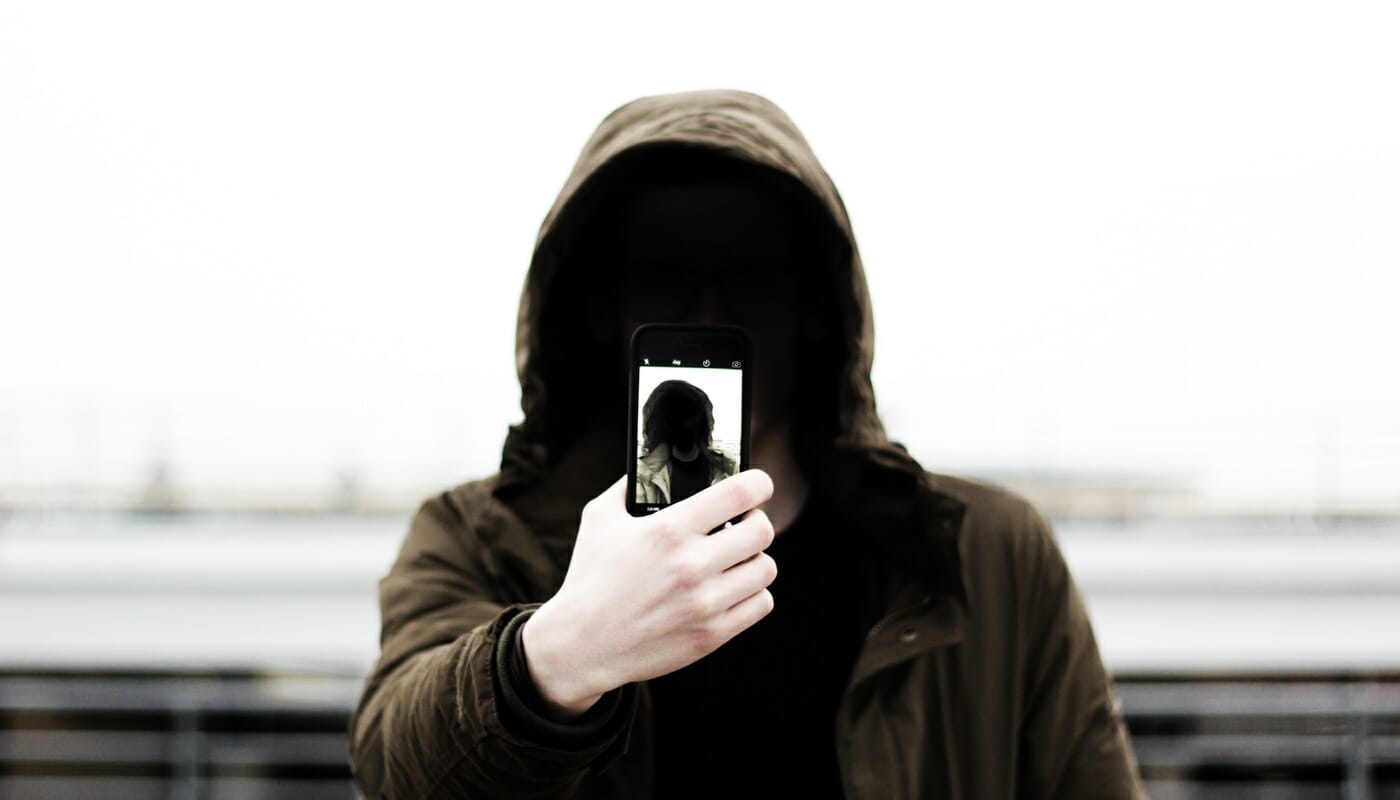The most immediate threat of forcing Apple to assist in unlocking the iPhone would be the potential of the tool to be abused by governments and criminals. This tool is described to be a specialized update to iOS that disables key security features, allowing for brute force attacks to defeat passcodes. Though technically not a backdoor, it would function as a “skeleton key” and have the capability to unlock practically any Apple device running iOS.
The FBI and courts assure Apple that it can have complete control over this tool, but the tech giant contends that the simple act of developing the insecure version of iOS could act as a proof of concept for other nations and criminal organizations seeking to hack Apple devices. Because hacking its own software is a complicated, involved process, Apple says that erasing or keeping the tool private will be impractical, especially given how valuable iOS vulnerabilities are to hackers. Thus, if the “skeleton key” is created, interested parties could replicate or steal Apple’s security workaround and compromise security for all iPhone users.
On a wider scale, an FBI victory could also set dangerous precedents in U.S. courts as well as the international community. Should Apple be successfully forced to assist in compromising its own security, law enforcement could then use the case to force other technology companies into giving up their user’s data. As a result, the privacy of all smartphone and computer users in the future may be at the mercy of the U.S. government.
Of course, in theory, this would only be used for benefit of national security. The constant threat of surveillance, however, can have a chilling effect on free speech and press. Additionally, incidents such as the discovery of the National Security Agency’s data mining programs prove that the U.S. government can be indiscriminate in its surveillance of citizens.
Worse, if the United States gains the power to break into people’s devices at will, what will prevent other nations from demanding the same power as well? Speech in countries such as China would be further censored, and technology companies such as Apple, Microsoft, and Google could be forced to develop more “skeleton keys” for their software by different governments, opening innocent users to more directions of attack from cybercriminals. Consumers worldwide may have no choice but to store their confidential information on devices that can be cracked by anyone with enough time or computing power.
Despite the government’s straightforward portrayal of the iPhone unlocking case, this is not simply about Apple’s lack of cooperation with law enforcement over one phone as demonstrated by the company’s near-unanimous support from the tech industry.
Contrary to what most media sources trumpet, Apple actually complied with search warrants as best as it could by swiftly turning over the account details and iCloud backups of the terrorist’s iPhone to investigators. It balked, however, at the prospect of breaking the technology that protected millions of its users.
Coupled with the possible future repercussions, it’s difficult to blame the company for retaliating, even if it means handing one less source of information to the FBI.








